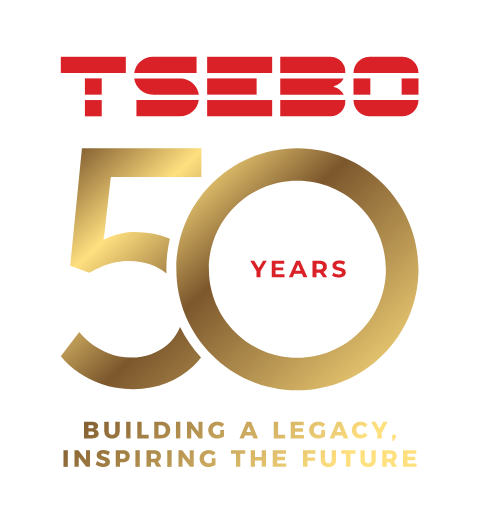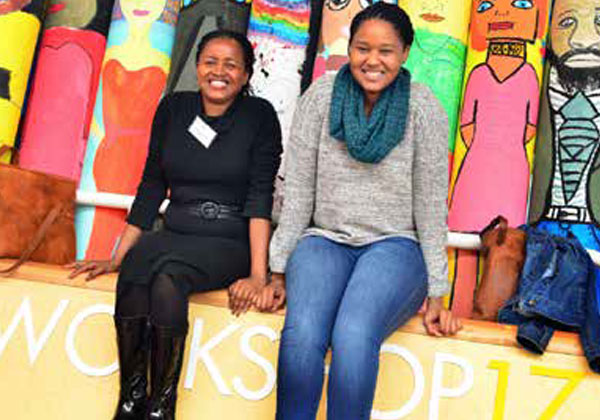We’ve spent 50 years transforming into the workplace management solution enterprise you know today. And after 50 years, we know that change doesn’t happen overnight.
Our transformation ethos dates back to 1983 when we launched our first affirmative action programme. Since then, local development has been ingrained in our DNA and we are committed to transforming Africa through our actions. By focusing on empowering unemployed youths, we can equip them with the tools to become self-reliant and contribute to a sustainable economy. Our entrepreneurial partnerships create opportunities for small and medium businesses, and our BEE status is something we’re proud of.
Tsebo’s Transformation Journey

Transformation and development are the keys to success
We realised early on that investing in people is critical to achieving sustainable development. In 1995, we won the Black Management Forum’s Most Progressive Award and in the following year concluded our first BEE transition with Nozala. Another major milestone came in 2010, when we reached 94.21 out of 100 BEE points, achieving one of the highest Level 2 industry scores for a company of our size. Today, we are proud to have retained (since 2018) and strengthened our Level 1 B-BBEE status with growth in our black ownership (BO) and black women ownership (BWO) elements to 54.4% and 45.6%, respectively.
50 years of developing suppliers, to serve people and uplift societies
Maintaining good relations with the local communities in which we operate is not just important to us, it is essential to enabling economic participation of SMMEs and local development in these areas.
For us, supplier development is not just a box-ticking exercise; our role in Enterprise and Supplier Development (ESD) goes beyond compliance, and aligns to our purpose to develop people, to serve people and to uplift society.
Programmes like Tsebo Phakiso encourage black-owned SMME participation in the economy. Through this initiative, we are able to guide, develop, train, capacitate, and partner with local businesses so that they can become and stay sustainable, profitable and skilled, and to benefit their communities.
The Siyakhula Initiative in Cape Town, a programme that supports the Christel House School, is one of the beneficiaries of Tsebo Phakiso. It’s here that we established a working farm to help create a separate source of income for the school and job opportunities for learners’ parents. Today this farm supplies fresh fruits and vegetables to Fedics’ Western Cape units and local communities, Fair Food Company (a Tsebo supplier), local schools and supermarkets in the Free State.
50 years of being a progressive development partner for enterprises
Tsebo supports the growth and development of small businesses through capacity building, grant funding, and mentorship, with the ultimate goal that these businesses should join our list of suppliers.
One of the small businesses we’ve helped is Naledi Farmers’ Cooperative and Earthrise Trust, a community-driven project with food security in mind. We installed 10 multi-span tunnels, allowing members of the Naledi Village Cooperative to safeguard their crops and ensure that they thrive in a controlled environment while staying protected from adverse weather.
Tsebo partnered with Peter’s Car Wash, a 100% black-owned business in Sandhurst, to grow the car wash and create jobs in the community. Our donation of a complete factory kitchen and equipment to Phelang, a 100% black-owned company comprising of more than 800 women, has enabled the SMME to become a preferred supplier in the area.
Over the years we’ve developed many more businesses, providing grant funding to purchase equipment, or to increase capacity and offer more professional services.
By investing in people and the initiatives that allow them to thrive, we can create sustainable growth and development opportunities. This has been key to our success over the last half-century, and it will continue to be one of our priorities. At Tsebo, we’re dedicated to leaving a lasting positive social impact that will result in meaningful futures for generations to come.








